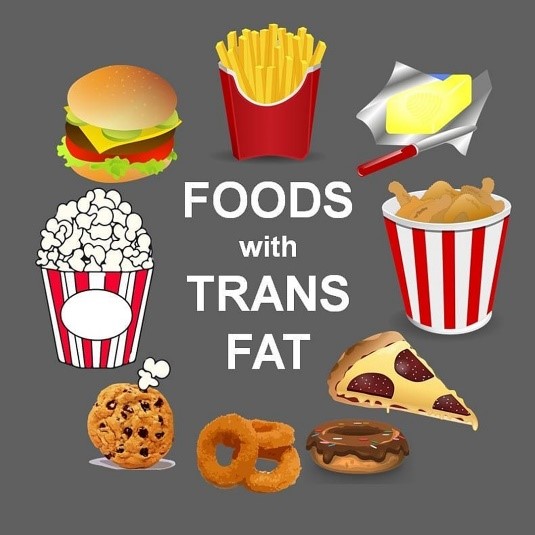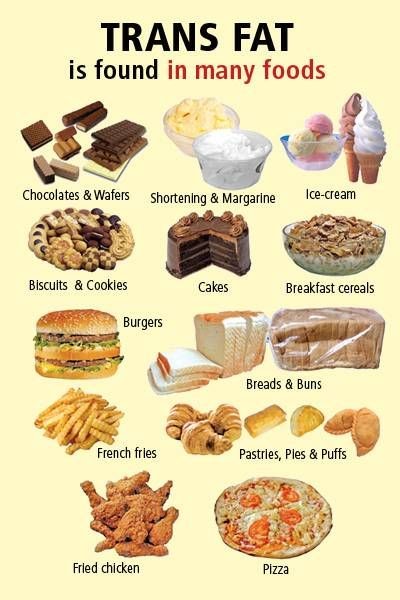Free Courses Sale ends Soon, Get It Now


Free Courses Sale ends Soon, Get It Now



Disclaimer: Copyright infringement not intended.
Context:
Trans Fat:

Background and details of the WHO Report
Concern
Way Ahead
© 2024 iasgyan. All right reserved